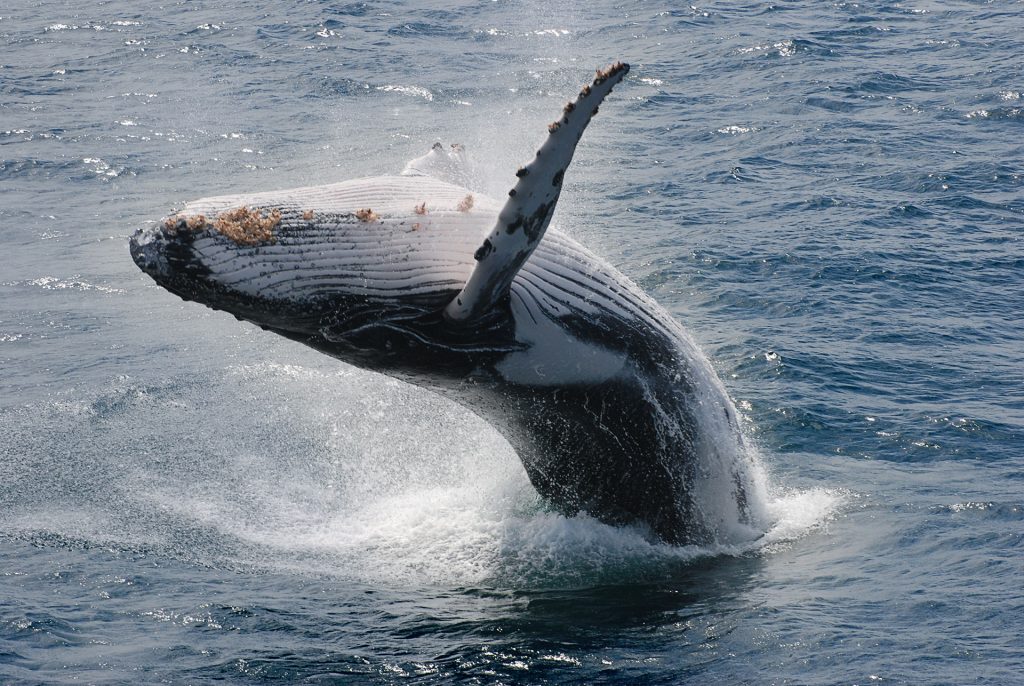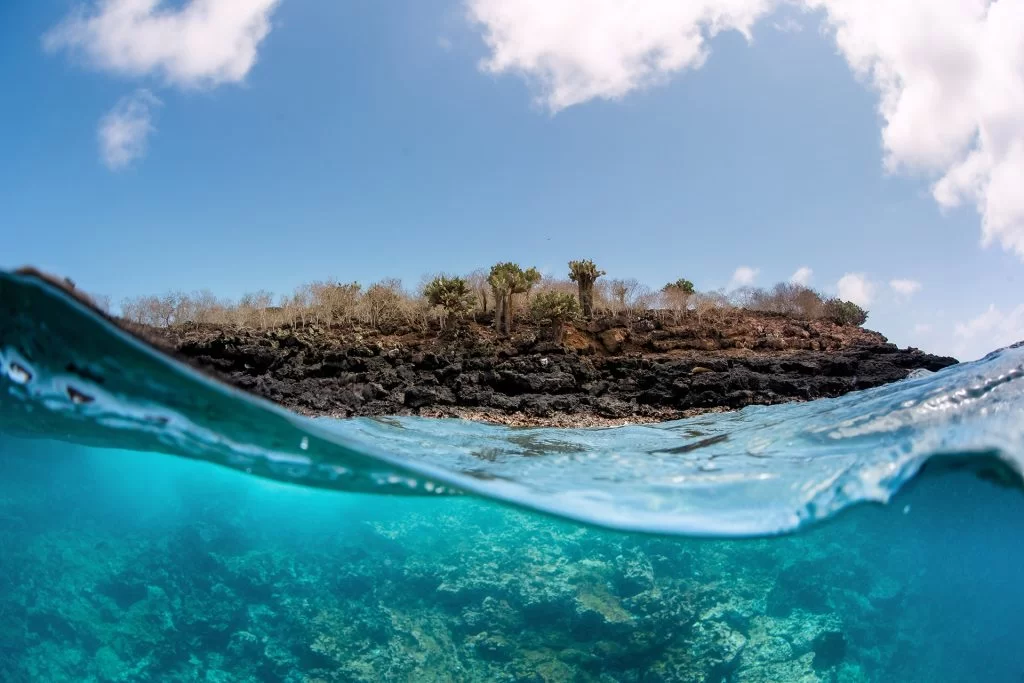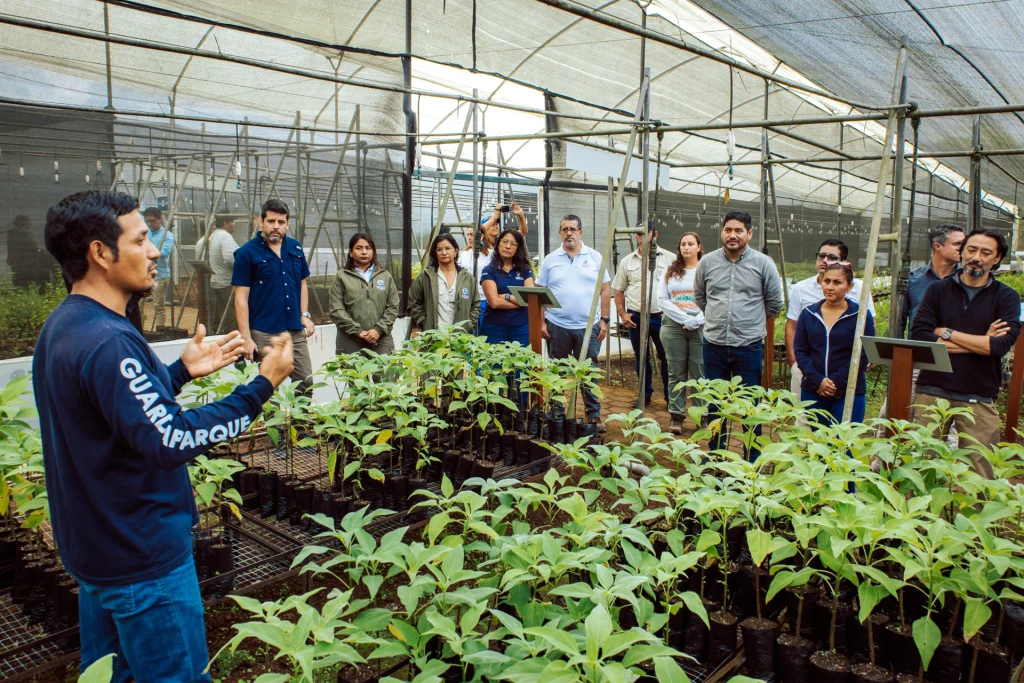The balance
Ecosystems are vital to the maintenance of balance on our planet. These areas where organisms interact and adapt to their environment are vital for the health of both humans and our planet. Galapagos Archipelago, with its rich marine-terrestrial environments, is a great example of the importance of ecosystems. It has been recognized by UNESCO as a World Heritage Site.
Pacific Ocean
The Galapagos Islands have a unique biodiversity. Galapagos is not only home to world-renowned, iconic species but also diverse ecosystems. These delicate ecosystems play an important role in maintaining the balance of nature.
Marine Ecosystems in Galapagos
The oceans are the basis of all life on earth, and Galapagos’ marine ecosystems are living proof of this. Galapagos Marine Reserve is the large area of water surrounding the islands. It hosts a wide variety of marine species, including colorful coral reefs creatures and fascinating marine iguanas.
The health of marine ecosystems is not only important for biodiversity, but also tourism and sustainable fishing. This has a significant impact on local and global economies. GMR is a World Heritage Site that protects important waters for marine biodiversity and maintains the health of terrestrial eco-systems. The importance of the GMR extends far beyond the islands. It contributes to the conservation and preservation of marine biodiversity worldwide.

Galapagos Terrestrial Ecosystems
Galapagos Archipelago has unique terrestrial ecosystems that include flora, fauna, Darwin’s Finches, Flightless Cormorants, marine and land Iguanas including the Galapagos Pink Iguana. Conservation of these terrestrial eco-systems is crucial for maintaining biodiversity and the ecological processes which support life on these Islands.
Conservation of Galapagos requires a collaborative effort from the local community, scientists, and authorities to protect this natural treasure. Our Director of Conservation Dr. Galapagos marine and terrestrial ecologies are vital to the life of our planet, according to Dr. He said: “We must respect and recognize the beauty and importance of these environments to ensure they remain a heritage for future generations.”


